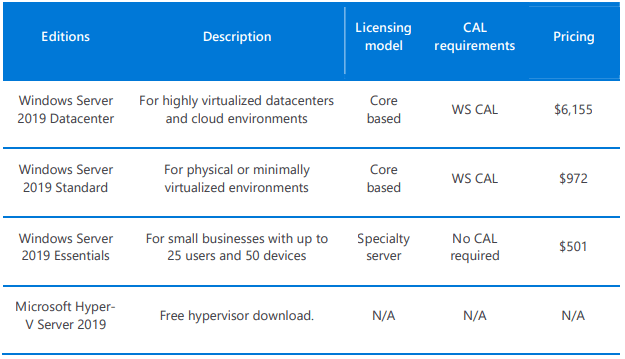


That said, you use it to host FreeBSD, Windows, and Linux guest OS on virtual machines. Windows 10 and 11 for consumers and Windows Server 2008 for enterprise users. Hyper-v only runs on Windows operating systems. $16.00 Buy on Amazon Hyper-V vs VirtualBox: What are the Differences? Guest Operating Systems

It can only be installed on Windows-based systems.Hyper-V lets you create and run a software version of a computer called a virtual machine.Hyper-V vs VirtualBox: 6 Must-know Facts Although they’re in an isolated environment, virtual machines behave like real computers. VirtualBox Teleporting allows you to migrate virtual machines from one VirtualBox host to another across a TCP/IP network while they are still operating. Hyper-V Live Migration allows you to migrate operating virtual machines (VMs) from one Hyper-V host to another with little downtime. VirtualBox allows you to virtualize both hardware and software. On a physical machine, hardware virtualization must be enabled in the UEFI/BIOS. Supports more guest operating systems than Hyper-V: Windows, Linux, FreeBSD, Solaris, Mac OS, and others Hyper V vs VirtualBox: Side-by-Side ComparisonĬan host VMs with Windows, Linux, and FreeBSD guest operating systems Hyper V vs VirtualBox, which is the better solution? Let’s see how they stack up with our side-by-side comparison, must-know facts, and key differences. On the other hand, VirtualBox is a type 2 hypervisor that runs on the host operating system. Hyper-V manages operating systems by running directly on a computer’s hardware.

Both are hypervisors, unique software that allow you to run one or multiple virtual machines with their operating systems (guest operating systems) on a physical computer called a host machine. Hyper-V and VirtualBox are two dominant virtualization products in the market.


 0 kommentar(er)
0 kommentar(er)
